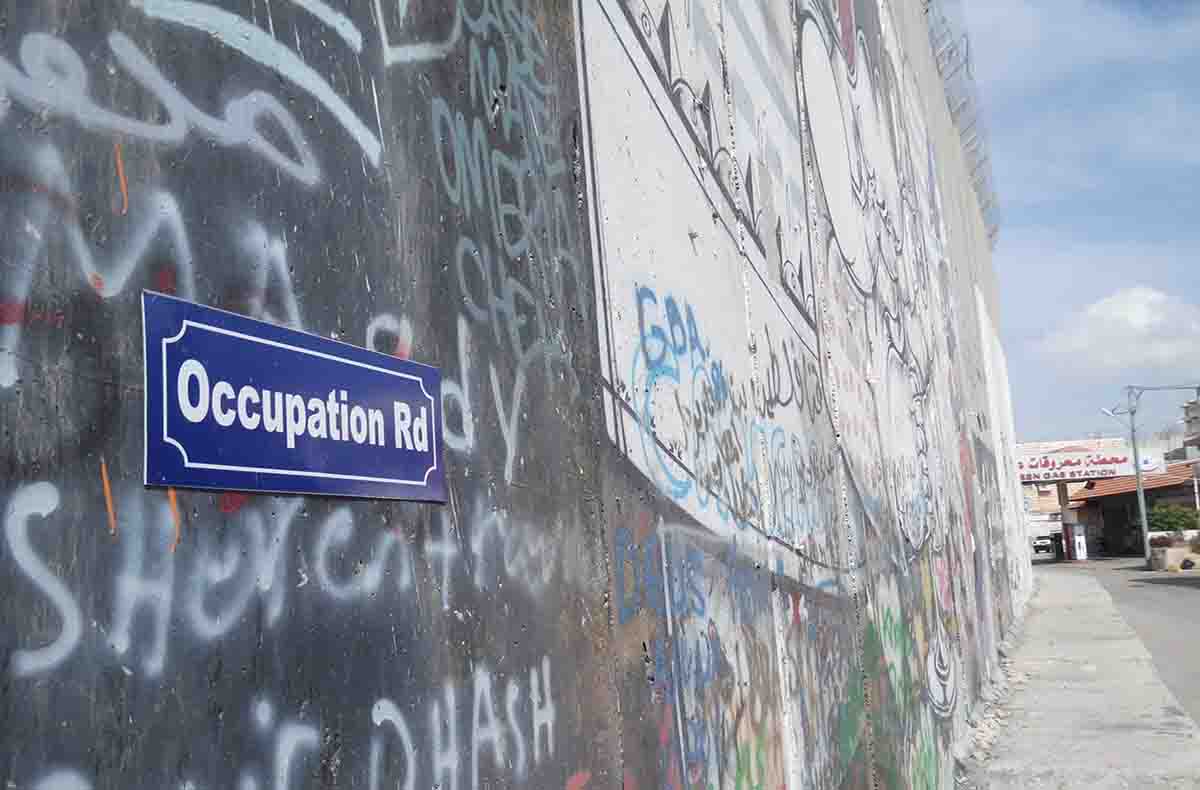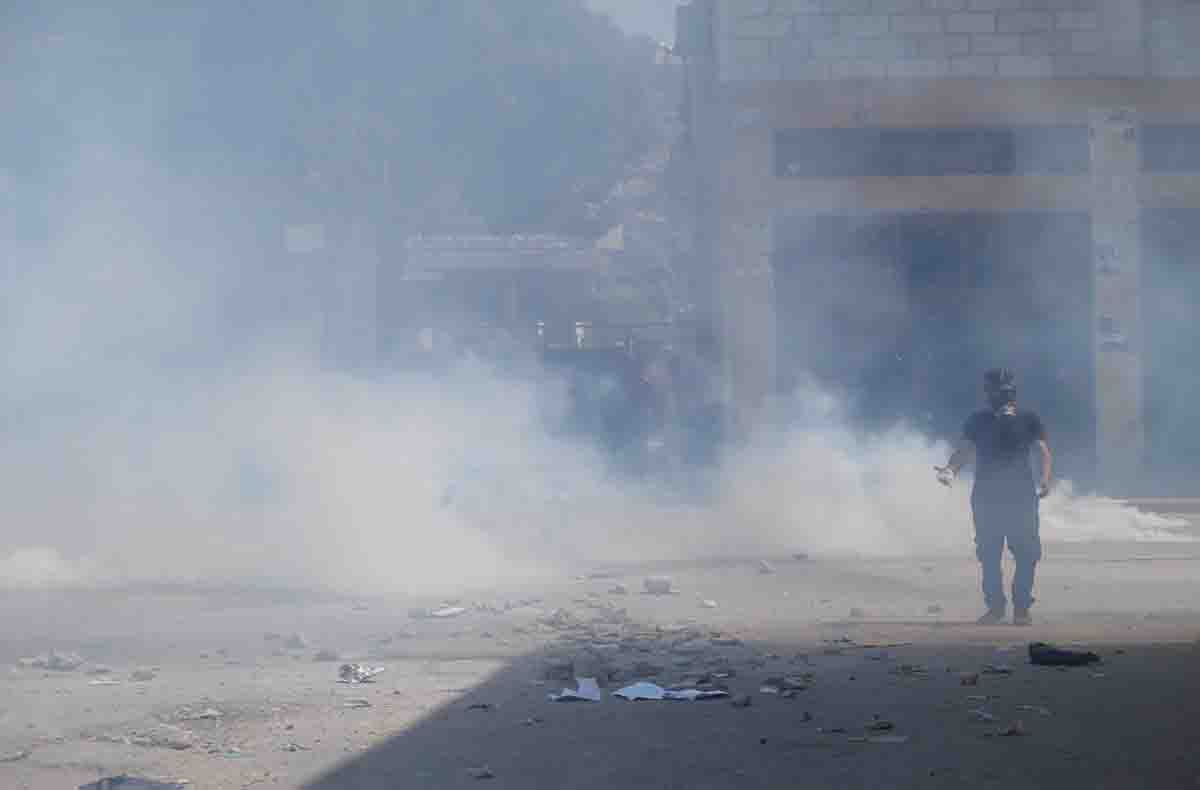
“Only God helps us and supports us,” one woman uttered with a hint of both cynicism and sadness.
Sick of decades of relentless conflict and grinding poverty, the rural Afghan women I spoke with during focus groups in 2019 were unequivocal in their reverence for Islam, yearning for peace, and desire for familial poverty alleviation. Again and again, the women articulated their core sense of identity as equal parts Muslim and integral pillar of a family unit: nurturing mother; dutiful wife; provider of both emotional and physical nourishment; subversive peacebuilder; the glue selflessly binding the family together at all times. The subject of political empowerment, however, was discussed with far greater ambiguity and distinctly less enthusiasm.
In contrast to this valued sense of positionality and self, various laws, programs, and policies implemented by the international community in Afghanistan between 2001 and 2021 sought to improve the economic standing of Afghan women not by focusing on the family unit as a whole, but by isolating women from their families. Culture and traditional gender norms were thereby thrown into disarray, creating additional layers of tension for already conflict-fatigued families. Individuality and political empowerment were emphasized over collective, socio-economic rights in the mirror image of western-style liberal democracy.
Aside from the violence and coercion inherent within (neo)liberal peacebuilding, Afghan girls and women have been dealt a successive series of disastrously life-altering blows since the Taliban retook power in August 2021. They’ve been prevented from leaving their homes or accessing healthcare without a male chaperone, banned from positions of public office, barred from public parks, prevented from attending high school, then university, then most recently, they were banned from working for non-governmental organizations (NGOs). These developments are horrifying, but they should not deflect from the fact that, unlike middle-class and wealthy women in cities such as Kabul, for Afghanistan’s rural women—who comprise approximately 76% of the population—life has improved very little following the 2001 U.S.-led invasion.
For many rural communities, conflict and insecurity did not cease until the Taliban took power in August 2021. One of few studies conducted with rural communities prior to August 2021 brought hope, indicating that education of both girls and boys was important to rural families. However, in reality, the situation was less positive due to ongoing state failure to provide adequate facilities—including women teachers for girls—largely as a result of entrenched corruption. Meanwhile, other initiatives were experienced by rural women as either irrelevant or inaccessible.
Afghanistan is a mosaic of people and social groups. So why has the international community persisted in approaching Afghan women as if they are both heterogenous and sufficiently represented by the urban elite? Given the events that have taken place since the Taliban takeover in August 2021, it is obvious that the approach adopted by the international community over the past twenty years has failed catastrophically.
A key cause of this failure is the absence of understanding rural communities and what they need. To put it simply, “local” or “indigenous” knowledge is usually perceived by international (western) policymakers as unscientific, inadequate, irrelevant, or backward unless it aligns with neoliberal western values. Rural Afghan communities are typically more conservative than wealthier urban communities, so rural knowledge and perspectives are least likely to be given consideration.
In many cases, the nature of humanitarian research itself complicates this power imbalance. The humanitarian and development arena is the only environment in which I have encountered the phrase “key informant interview” or “KII.” In academia, interviews are usually labeled according to their methodological structure, the most common being the “semi-structured interview,” or “SSI,” which does what it says on the tin. “SSI” bears no connotations of either supremacy or subordination compared to other interview types; it just is. The presence of the KII thus tells a great deal about the power imbalance, hierarchy of knowledge, and devaluation that many Afghan women have been subjected to over the previous two decades, particularly marginalized or stigmatized Afghan women.
Unfailingly, interview targets for KIIs are NGO directors and program managers. Due to the nature of these roles—particularly in international NGOs—the KII usually ends up being held with non-Afghan “experts” who have very little idea of the everyday lived experiences of rural Afghan women because their lives intersect only with the Afghan urban elite. Furthermore, these “experts” rarely have any knowledge of the needs and perspectives of women from stigmatized minorities and social groups who often represent society’s most vulnerable.
Such an elite-centric research approach not only perpetuates marginalization but it promotes the idea that international “experts” are more reliable than Afghan women who may be non-literate, and who may be conservative, but who live their reality every day, and who often know exactly what their community needs. Furthermore, it reinforces the normalization of national staff forever being relegated to positions lower on the NGO’s organizational rung than internationals. While non-Afghan directors and program managers are invited to high-profile interviews to speak on behalf of Afghan women, and women from Afghanistan’s urban elite are awarded accolades and a speaking platform before an international audience, marginalized and stigmatized Afghan women remain unheard.
Real change for Afghan women will come only when it is informed by rural as well as urban communities forged from the ground up. In the words of a woman in Herat province, women should “stand on our own two feet and take other women’s hands as well.” To enable this, donors must park their ideologies in their respective countries rather than continue to promote individual political empowerment, which conflicts with collective identities. Prior to August 2021, how useful was a vote for a rural woman within a rampantly corrupt political system which abandoned rural communities? Until more effort is taken to redress existing power imbalances and to provide meaningful opportunities for marginalized women to inform policies and programs, the international community cannot make sincere claims of solidarity with Afghan women.



